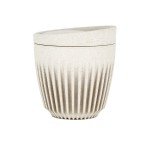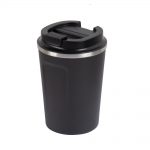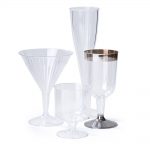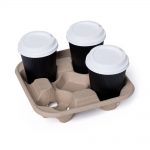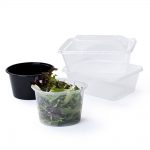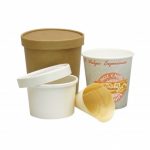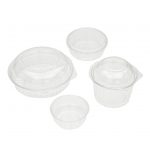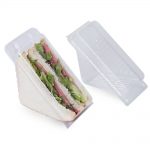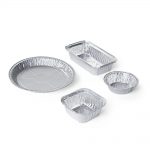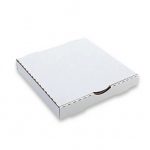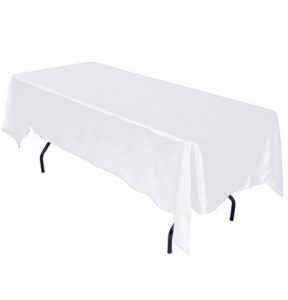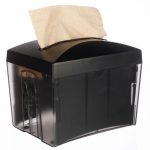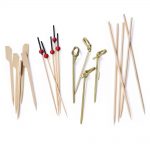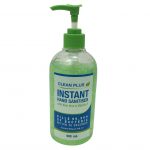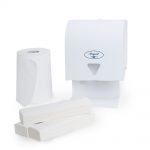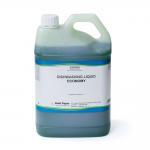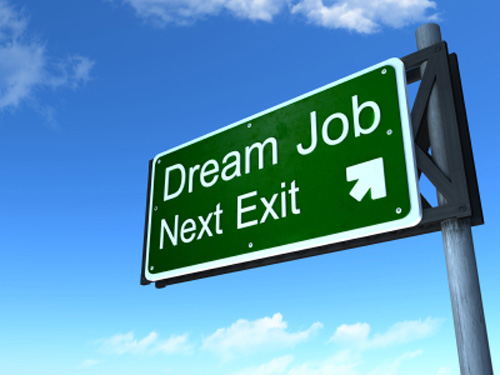Blog Categories
- Tips and Advice (55)
- Sustainability (26)
- Trends and Innovations (25)
- Tutorials and Templates (6)
- Regulations (2)
Aug
30
Posted on September 21, 2016 by Ash Bennett
30
How To Hire and Train Great Hospitality Staff – Part 1
Posted on September 21, 2016 by Ash Bennett
Recruiting good hospitality staff is one of the biggest challenges facing cafés and restaurants anywhere. Getting it right can lead to great ongoing success, so it’s important to have a sound, proven process for bringing the right individuals into your business that can form a great team.
Where To Find Good Staff
 There are many avenues open to you for recruitment, the key ones being the major internet job boards. In Australia, Seek is the largest of these and the most trafficked, but there are also specialist hospitality recruitment sites such as Pinnacle, Frontline and Troy’s Hospitality Staff. Costs for placing an advertisement on job boards vary, and the cost of engaging a specialist recruiter to find staff for you is typically higher than merely placing an ad. However, the pros can outweigh the cons, considering that you will be getting specialist assistance, plus typically a three month guarantee for an employee placement, in securing quality candidates to suit your needs.
There are many avenues open to you for recruitment, the key ones being the major internet job boards. In Australia, Seek is the largest of these and the most trafficked, but there are also specialist hospitality recruitment sites such as Pinnacle, Frontline and Troy’s Hospitality Staff. Costs for placing an advertisement on job boards vary, and the cost of engaging a specialist recruiter to find staff for you is typically higher than merely placing an ad. However, the pros can outweigh the cons, considering that you will be getting specialist assistance, plus typically a three month guarantee for an employee placement, in securing quality candidates to suit your needs.
Outside of specialist job websites, social media is proving a handy recruitment tool. If you or your business have a sizeable social media following, posting your needs directly to your social community via Facebook, Twitter, Instagram, etc. can bring out some of the best potential recruits. However, that does come with a word of caution – doing the above will likely attract interest from friends, family and friends/family of friends and family, so it can get awkward if there are certain people within your community that come forward who you may have no interest in hiring, but don’t wish to offend.
Finally, posting a simple “We’re hiring – enquire within” on the door or window of your business can yield interest from your local catchment area, with customers and passers-by able to spread word-of-mouth for zero cost marketing.
Creating The Ultimate Job Ad
When placing an advertisement, try to visualise the ideal type of person you would want working for your business and their particular characteristics – eg. Friendly, reliable, humorous, well-presented.
Once you have a view of the personality you want in your ideal employee, write your ad to attract the attention of that person. Remember, when potential candidates are sifting through dozens of potential jobs online, yours needs to stand out for them so personalise the content a little to attract the appropriate candidates.
The same rules apply to the poster in your shop window – if you’re aiming to attract the best and brightest, add some effort to the image you portray for your business and you’ll have a lot more qualified candidates walking through your door.
Asking The Right Questions In An Interview
Knowing how to assess a candidate who can bring tremendous value is an underrated but essential element of running a small business. Most cafes and restaurants don;t have a dedicated HR manager with a degree in recruitment, so the art of interviewing falls to the business owner and/or managers. Beyond the standard background questions, here are some key questions you should ask candidates at every interview:
- “How would your co-workers describe you?”
- “What are you looking for from your next employer?”
- “How do you like to be managed?”
- “What do you want to give to your next employer?”
- “What are your biggest turn-offs at work?”
- “Why did you leave your last job?”
It’s also important to take notes during every job interview, not only for benchmarking each candidate but also for holding employees accountable to the promises they make during the job interview. Experience shows that the candidate who is the best interviewer may not end up being the best employee – they have a polished interview delivery to impress employers, but once on the job, the cracks can show. It’s important to have a record of those initial promises to refer to if they fail to deliver.
Dependability is a cornerstone of a good hospitality employee, so check their resume to see whether they have shown loyalty to their previous employers with reasonable tenure. Jobhoppers who have switched employers multiple times in a relatively short timeframe are to be avoided. Also, insist on employer references and check these, particularly for senior staff appointments where you are going to rely on individuals to manage parts of your business when you can’t be there.
Next, in Part 2, we’ll talk about how to onboard staff to get the most out of your new recruits.














